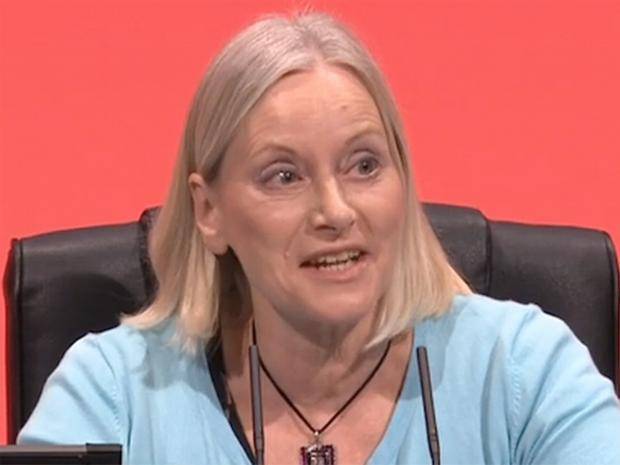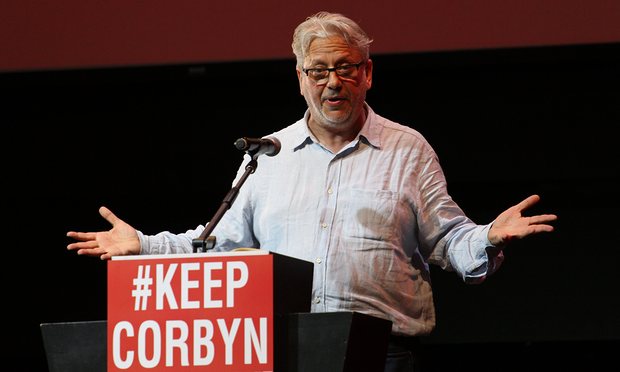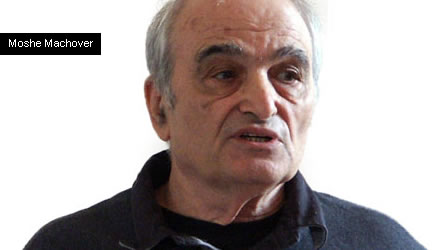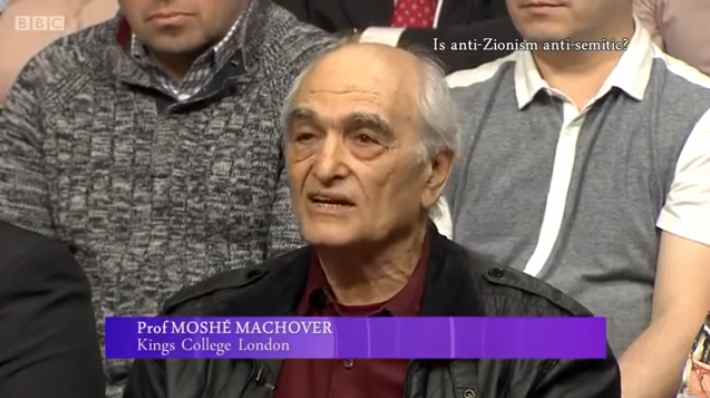Emma Rees and other Momentum employees have been sent to Berlin to help the German youth wing oppose the latest grand coalition, writes Susanne Holstein
(This article first appeared in the Weekly Worker)
The German political system is in crisis: more than four months after the elections of September 24, chancellor Angela Merkel has still not succeeded in putting together a coalition. Never in German history has it taken that long to form a government. Merkel is currently leading a ‘caretaker government’.
Big winners were the liberal FDP with 10.7% (plus 5.9%) and, most worryingly, the rightwing Alternative für Deutschland (AfD), which increased its national share from 4.7% to 12.6%. In 2013, both parties narrowly missed the 5% hurdle, which is designed to stop smaller parties from entering parliament.
Initially, the SPD refused to continue in another grand coalition government. Since Merkel became chancellor in 2005, she has been continuously backed by the SPD (only interrupted when the Liberal Democrats temporarily took their place from 2009-13). And the SPD has paid a bitter price for its participation in a government that has been characterised by increasingly precarious working conditions, a worsening of welfare provisions and widespread privatisations: electoral support for the SPD has been steadily decreasing and members have been leaving the party in droves. In 1977, there were over one million; in 2005 590,000 – today, there are only around 440,000 members.
Just after the elections, Merkel tried to form a so-called ‘Jamaica coalition’ with the liberal FDP and the Greens, but the negotiations were ended in November by the FDP, which demanded stricter controls on migration. Eventually, the SPD leadership, under pressure to avoid an unstable minority government, agreed to join another grand coalition – without Merkel having to make any major concessions.
Hot potato
On the most contentious issue, for example, Merkel got exactly what she wanted: a commitment to cap “new migration” at “between 180,000 and 220,000” per year. The word Zuwanderung (migration) is, of course, totally misleading. “Economic migrants” from the rest of Europe, the US, etc, are explicitly excluded from the figure. What is meant here is the number of refugees and asylum-seekers allowed to stay in the country – which includes, contentiously, family members of refugees already in the country, who currently still have the right to join them.
Anybody who enters German territory may apply for asylum and until now the only basis used to decide if the application should be allowed was its ‘merit’ (although the right to stay has been massively eroded in recent years, including through the introduction of rules that saw refugees being sent back to Drittländer – ie, countries they passed through before they got to Germany). But there has never been a cap on their numbers.
This is the same Angela Merkel who welcomed one million refugees into Germany in 2015 – initially, to the entire establishment’s delight at the leader’s ‘morality’, not to mention her economic far-sightedness. After all, the birth rate in Germany is amongst the lowest in the European Union, and the president of the employers association, the BDA, argued that Germany was right to welcome refugees, because “in the next 20 years, we will need a lot more workers than this country can produce”. In his estimate, there are 500,000 “unfilled positions” – most of them not the kind of jobs that Germans are too keen on taking up. Refugees tend to be young, male and eager to work. Perfect fodder for the always-hungry capitalist machine.
But Merkel messed up big time. Very little effort was made and very little money spent on integrating the newcomers. It was down to local volunteers to organise language courses, for example. Famously, 1,000 refugees were housed in the tiny village of Sumte (population: 100). In many places, Syrian families were sent to live in school sports halls – and sports lessons for local children were cancelled indefinitely. In other cities, refugees were housed in empty barracks or deserted houses in troubled and neglected neighbourhoods. Add to that the effects of decades of failed integration of the millions of ‘guest workers’, especially from Turkey, and you have the perfect conditions for the shit to hit the fan.
And indeed, depravation, crime and trouble ensued, and we saw the rise of the ridiculously named organisation Pegida (‘Patriotic Europeans against the Islamisation of the Occident’) and the growth of its electoral equivalent, the AfD. At first, Merkel – no doubt keenly aware of the needs of German capital and clinging on to her cherished image as the caring Mutti der Nation – refused to change her so-called ‘open-door policy’ on migration. Which was always anything but, of course: refugees from, say, Somalia or those pesky ‘economic refugees’ always had as little chance of making it into Germany as Britain.
But the rise of the AfD has certainly scared the whole political establishment and the 2017 election was a brutal wake-up call for Merkel, who quickly changed her tune and called for the cap on refugee numbers. While the SPD leadership now agrees with her figure of around 200,000, many SPD members are unhappy about joining another grand coalition, at least on this particular political basis.
At a special SPD delegate summit on January 20, the proposal to join such a government won the day by 362 to 279 votes. Speakers opposing the deal got standing ovations, especially Kevin Kühnert, leader of the SPD youth wing, Jusos. Dozens of delegates held up big signs, declaring “GroKo: Nein” (GroKo stands for Große Koalition = grand coalition). According to Kühnert,
The election result of September 24 has clearly shown that a continuation of GroKo is not desired by most people. There would be a continuation of bad compromises on various issues that don’t serve anybody. We will not support that. The SPD needs to renew itself and many people are joining to help us with that process.
This narrower than expected vote and the vocal anger of many members has left the SPD leadership seriously rattled: after all, the final coalition agreement will have to be approved in an all-members ballot in February. In between agreeing to the basic deal on January 12 and the start of the more detailed negotiations on January 28, the SPD leadership suddenly remembered that in fact they want more than was actually agreed. For a start, there should be “more relaxed” rules for those migrants joining family members already in Germany. The SPD leadership also wants a legal restriction on the increasing use of short-term employment contracts and a “start of the end” of the two-tier health system – ie, the abolition of private health insurance. As we go to press, the negotiations have stalled over the hot potato of migration.
The negotiations are scheduled to last until around Easter – ie, SPD members will have to vote on the deal without seeing the ‘improvements’ the leadership is now claiming to be fighting for.
To the rescue?
It is nothing new for the Jusos to oppose a grand coalition. They also called on SPD members to oppose the deal of 2013, which was eventually approved by 76% of SPD members. Things look rather different this time, however. Many members believe that another GroKo could kill the party off altogether. And, according to a recent poll, only 26% of the German population favours one. With this in mind, the Jusos have launched a campaign to get people to temporarily join the SPD – mainly in order to vote against the deal. They are using the slogan, ‘A tenner against the grand coalition’, €10 being the cost of two months’ membership. Apparently, within the first 24 hours more than 1,700 new members joined.

Nevertheless, such international cooperation is interesting. Politically, of course, it is absolutely vital that the left across Europe (and beyond) works together and learns from each other. Despite – or maybe even because of – Brexit, capital across Europe is uniting on an ever closer basis. So must we. But there is pathetically little cooperation amongst the socialist left in Europe.
How much the Jusos can and should learn from Momentum and its owner, Jon Lansman, is, however, debatable. His undemocratic methods, his political collapse when it comes to the fight for issues like mandatory selection and his bending over backwards to the pro-Israeli lobby make him and his organisation a very bad role model indeed.
We should remember that it was not Momentum that got Jeremy Corbyn to where he is now. His election to party leader was made possible by a handful of ‘moderate’ knuckleheads in the Parliamentary Labour Party, who lent him their vote to get him onto the ballot paper. And in terms of the ongoing fight to democratise the Labour Party, Momentum has played a lamentable role. It has all but joined the witch-hunt against the left in the party. It treats its members with contempt, giving them no right to vote on anything. It does not organise the left in the party politically, but merely regards them as voting fodder, to be turned on and off according to need.
When there is a successful challenge to the right in the party, as we are currently witnessing in Haringey, this is entirely down to local party members. Many are inspired by what Jeremy Corbyn stands for (or what they think he stands for) – but they are not being organised by Momentum nationally.
Differences
But clearly something is moving in the German SPD and that is very much to be welcomed. Like any half-decent youth organisation, the Jusos are firmly on the left of the SPD leadership and their politics are indeed quite similar to those of Jeremy Corbyn and his allies who run Momentum. They are all soft social democrats.
But there are obvious and important differences between the situation of the SPD and the Labour Party, which explain why, unfortunately, the SPD is probably not going to experience the same kind of major shift that Labour is currently undergoing, no matter how necessary and overdue it is. There are three key differences.
Firstly, the socio-political basis of the Labour Party is very different to that of the SPD. In Germany, unions do not affiliate to political parties, mainly for historic reasons. In Germany the workers’ movement first formed the SPD (and its forerunners), which was then instrumental in founding several unions.
Of course, there is a massive crossover between German unions and the SPD, especially in their common bureaucracy, and both have been haemorrhaging members on a similar level. But German unions do not exercise the same kind of influence over the SPD as British unions have had over the Labour Party. The SPD, while far more leftwing than the Labour Party in its early life – Lenin thought it was the model for Social Democratic parties everywhere – has moved steadily and almost without internal opposition to the right.
Because of its lack of a formal relationship with the unions, it is not a ‘bourgeois workers’ party’ in the same sense that the Labour Party is. Here, affiliated unions can send voting delegates to Constituency Labour Parties and even help pick prospective parliamentary candidates. The political and organisational support of, for example, Unite leader Len McCluskey for Corbyn has also been crucial over the last two years, but there is no major union support for any leftwing SPD leader or potential leader.
Secondly, Martin Schulz is no Jeremy Corbyn. Yes, he is to the left of some of his predecessors and has criticised the ongoing draconian attacks on employment rights and the welfare system (‘Agenda 2010’), which were introduced by Gerhard Schröder in 2003. In sharp contrast to other mainstream politicians in Germany, Schulz is also an occasional critic of some of the actions of the Israeli government. Some 30,000 people joined the party following his election in March 2017.
But the euphoria did not last long. Schulz might have shone for a few short months, as he spoke passionately in favour of European integration – just after the Brexit vote, that resonated well in Germany. But he has since come out as just another tame, mainstream SPD leader who wants power at all costs. Including in a grand coalition.
As opposed to the Labour Party, which elects its leader in a ballot of all members and supporters only when there is a challenger to the post or “a vacancy”, German parties are required by law to elect their leader at least every two years. The SPD currently does so at its annual delegate conference. Theoretically, that should make it easier for a leftwinger to get in, but, quite frankly, there is no agency capable of organising such a move. Even if plans by Schulz for a Labour-style all-members ballot for the leader come to fruition,there is currently no real force pushing for a leftwing challenger. That can, of course, all change, and relatively quickly at that.
Thirdly – and perhaps most crucially – Germany already has a formally leftwing party, Die Linke, which won 9.2% of the national vote in September. There is, in truth, very little that distinguishes its programme from that of the soft left Jusos (and there is widespread cooperation between the two forces on the ground). Should the mainstream of the SPD move to the left even a little – for example, while refusing to join the grand coalition – it would easily encroach into Die Linke’s political territory.
Die Linke is far from a consistent socialist alternative. In the federal states where it is big enough to govern, it does so with relish, enforcing draconian cuts on the population like any bourgeois government would do. The only reason it still looms relatively large is because of its history as the former ruling ‘official’ communist party of East Germany. It still polls around 20% in regional elections there and it has replaced the SPD as the real Volkspartei. It will remain difficult for the SPD to win over Die Linke supporters in the east.

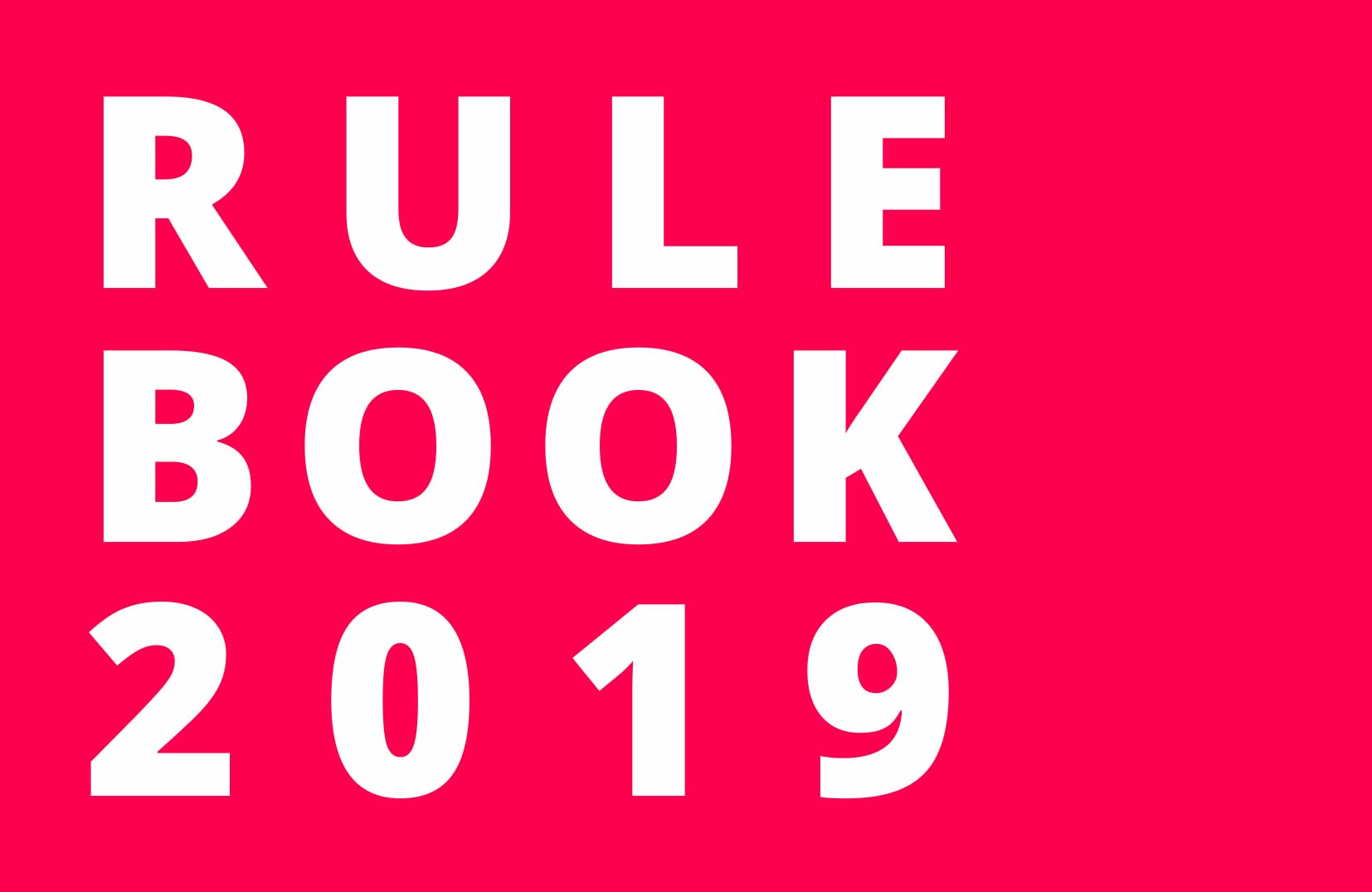
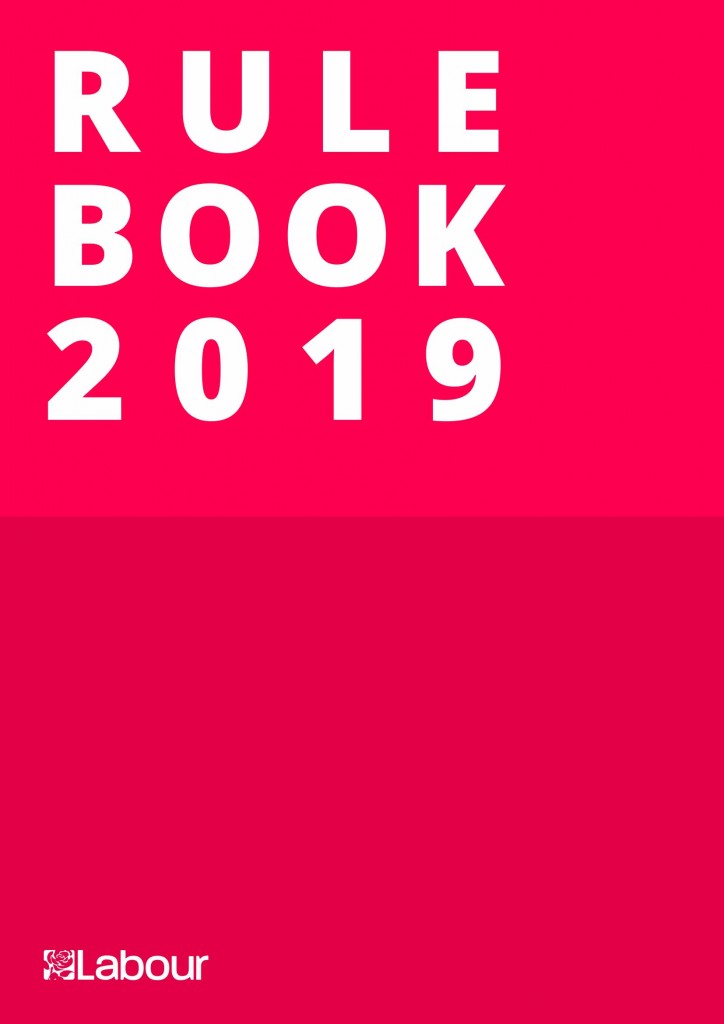 Download it here in
Download it here in 